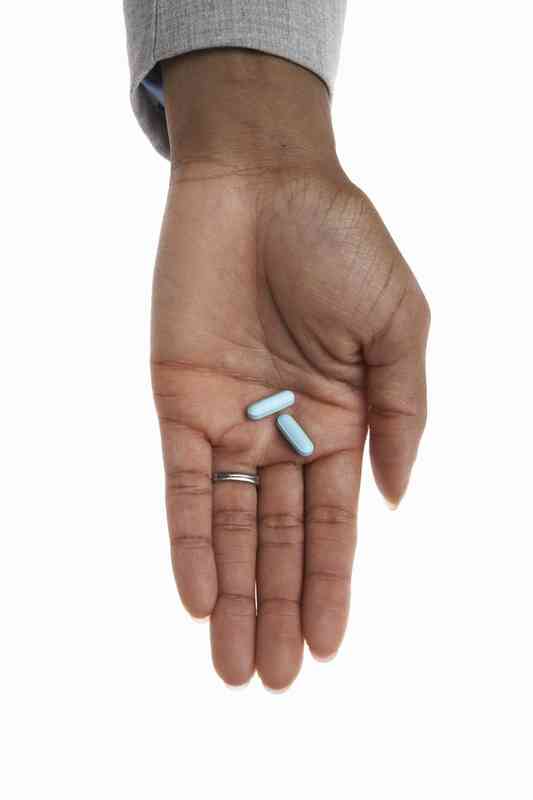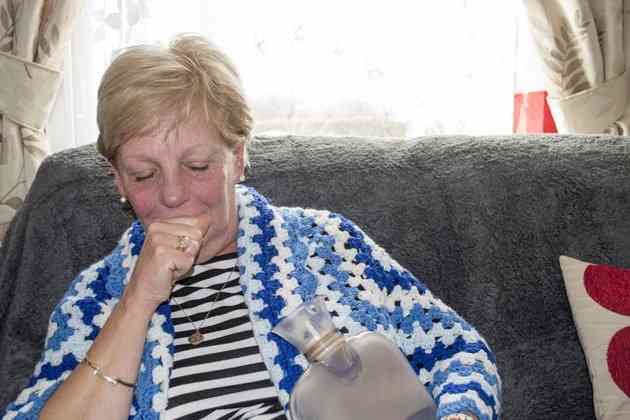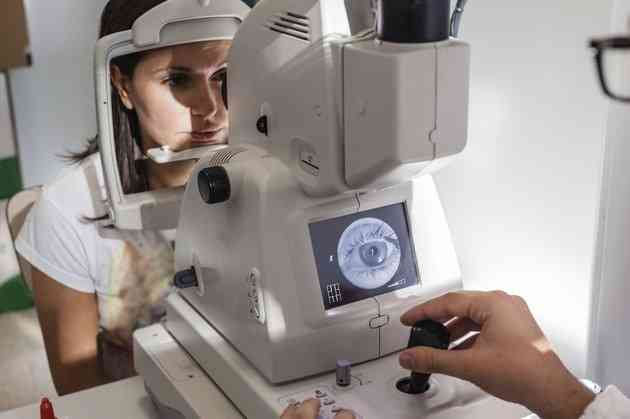Chlamydia and Gonorrhea Treatment

Anyone -- any age, anywhere - can get chlamydia and gonorrhea. All it takes is sexual activity. Ejaculation is not necessary to spread these bacteria. Common worldwide, chlamydia and gonorrhea are often silent troublemakers. The Centers for Disease Control and Prevention estimates that approximately 2.86 million chlamydia and 820,000 gonorrhea infections appear in the United States annually. Since gonorrhea and chlamydia are bacterial infections, they are treatable with antibiotic medications. If infections are treated early, complications can be avoided.
 Gonorrhea and chlamydia can be treated with antibiotic medication. (Image: Thomas Northcut/Photodisc/Getty Images)
Gonorrhea and chlamydia can be treated with antibiotic medication. (Image: Thomas Northcut/Photodisc/Getty Images)Dual Therapy for Chlamydia and Gonorrhea
Chlamydia and gonorrhea infections commonly occur together. Therefore, the CDC recommends “dual therapy” -- treating for both infections -- when gonorrhea is diagnosed. Dual therapy may also be used for chlamydia infections. This involves a coordinated course of 2 types of antibiotics, usually an injection of ceftriaxone (Rocephin) followed by a single oral dose of azithromycin (Zithromax) or a 7-day course of oral doxycycline (Vibramycin). The ceftriaxone kills the gonorrhea bacteria and is boosted by the azithromycin or doxycycline. The azithromycin or doxycycline knocks out the chlamydia bacteria.
Other Treatments
Complicated infections may require intravenous antibiotics and hospitalization. Surgery is sometimes needed for extensive infections. Doxycycline is not used in pregnant women because of possible side effects in the fetus. Alternative antibiotic recommendations are available for people with antibiotic allergies.
When Symptoms Continue
Not taking antibiotics as prescribed can lead to failure to clear chlamydia and gonorrhea infections. Reinfection can happen if sexual relations are resumed before treatment is completed or if partners have not been treated. Repeat infections also occur. Antibiotic therapy is available for all these scenarios.
Complications of Untreated Infections
Both chlamydia and gonorrhea cause inflammation of infected tissues. If untreated, the infection and inflammation deepen and spread. Scarring can occur, potentially leading to infertility. Women may develop chronic pelvic pain, pelvic inflammatory disease and potentially life-threatening ectopic pregnancies. Pregnant women with untreated chlamydia are more likely to give birth prematurely. Babies can become infected with gonorrhea or chlamydia as they emerge from the birth canal. Men may develop a condition called epididymitis, an infection of one of the structures responsible for healthy sperm development. Having an infection with chlamydia and gonorrhea also makes it more likely to contract the human immunodeficiency virus, or HIV, if someone is exposed to it.
Precautions
Although antibiotics are effective treatment, sometimes complications arise. Abdominal or scrotal pain -- especially if associated with a fever -- requires immediate medical evaluation. People taking antibiotic dual therapy for chlamydia and gonorrhea sometimes experience an allergic reaction. Symptoms such as trouble breathing or swelling of the mouth and throat require emergency medical care.




